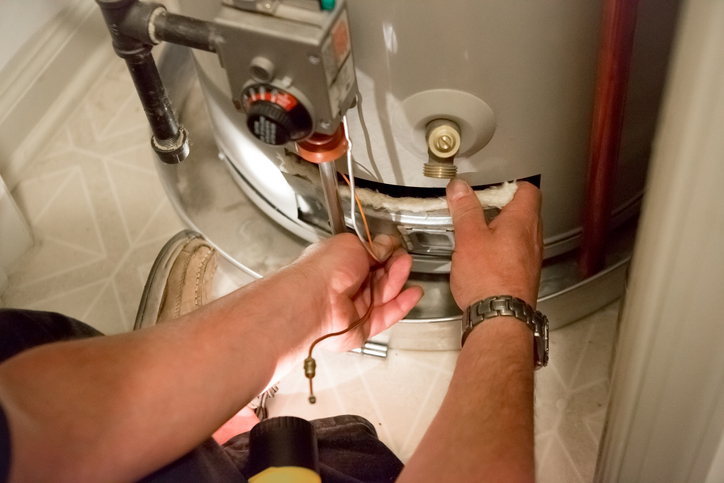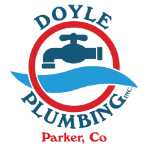Introduction
Hot water systems play a crucial role in a home’s overall energy consumption. They provide hot water for essential daily activities such as showering, cooking, and cleaning. However, many homeowners overlook the impact their water heater has on energy efficiency. An inefficient water heater can increase utility bills and strain your home’s overall energy consumption. Understanding how water heating systems affect your home’s energy use and implementing strategies to optimize their performance can lead to significant savings and greater comfort. This post will explore the ways water heaters in Lonetree, CO, impact energy efficiency, with tips to help you optimize their use.
The Role of Water Heaters in Energy-Efficient Homes
1. Choosing the Right Type of Water Heater
Not all water heating systems are created equal when it comes to energy efficiency. Traditional hot water tanks store a large volume of hot water, while tankless water heating units heat water on demand. While tankless models tend to be more energy-efficient since they eliminate standby heat loss, selecting the right size and model for your needs is essential. Tankless heaters work best in homes with low to moderate hot water usage, while larger families may find traditional hot water appliances more efficient.
2. Regular Maintenance to Improve Efficiency
Regular maintenance can enhance the efficiency of your water heater and prolong its lifespan. Sediment buildup, worn-out parts, or inefficient temperature settings can increase energy consumption. Flushing the tank annually to remove sediment buildup, checking the thermostat settings (ideally at 120°F), and inspecting the unit for leaks or malfunctions will keep it running efficiently. Simple maintenance tasks can go a long way in preventing energy waste.
3. Insulating Your Water Heater
Insulating your water heater and its pipes can help minimize heat loss. For homes with traditional heating systems, adding an insulating blanket around the tank can reduce heat loss, allowing the unit to maintain its temperature more efficiently. Insulated pipes also help preserve the heat of the water, ensuring less energy is needed to maintain the desired temperature.
4. Upgrading to Energy-Efficient Models
If your water heater is outdated or inefficient, consider upgrading to a more energy-efficient model. Modern water heating units come equipped with advanced technology that significantly reduces energy usage. Energy Star-rated water heating units, for instance, use less energy and offer rebates or tax incentives to homeowners. Though there may be an initial investment cost, the savings on energy bills over time make it a worthwhile upgrade.
Hot water appliances are essential for comfort, but their energy consumption can add up if not properly managed. Understanding their impact on energy efficiency, selecting the right model, and performing regular maintenance can help reduce energy costs. Upgrading to energy-efficient models and making small adjustments, such as insulating your water heater and adjusting the thermostat, can make a big difference. By optimizing your water heater’s performance, you’ll not only reduce utility bills but also increase the overall efficiency of your home. The investment in energy-efficient water heating will pay off in the long term with reduced energy consumption and enhanced comfort.
Conclusion
Maximize your home’s energy efficiency with professional care. Call our professionals at Doyle Plumbing, the leading water heater maintenance company in Parker, CO, at 720-638-8839 for top-notch service and energy-saving solutions today!
📌 Your Local Comfort Experts — Now Serving You as Doyle Plumbing, Offering the Same Fast and Reliable Plumbing Services You Know and Trust.
Don’t Miss These Reads















